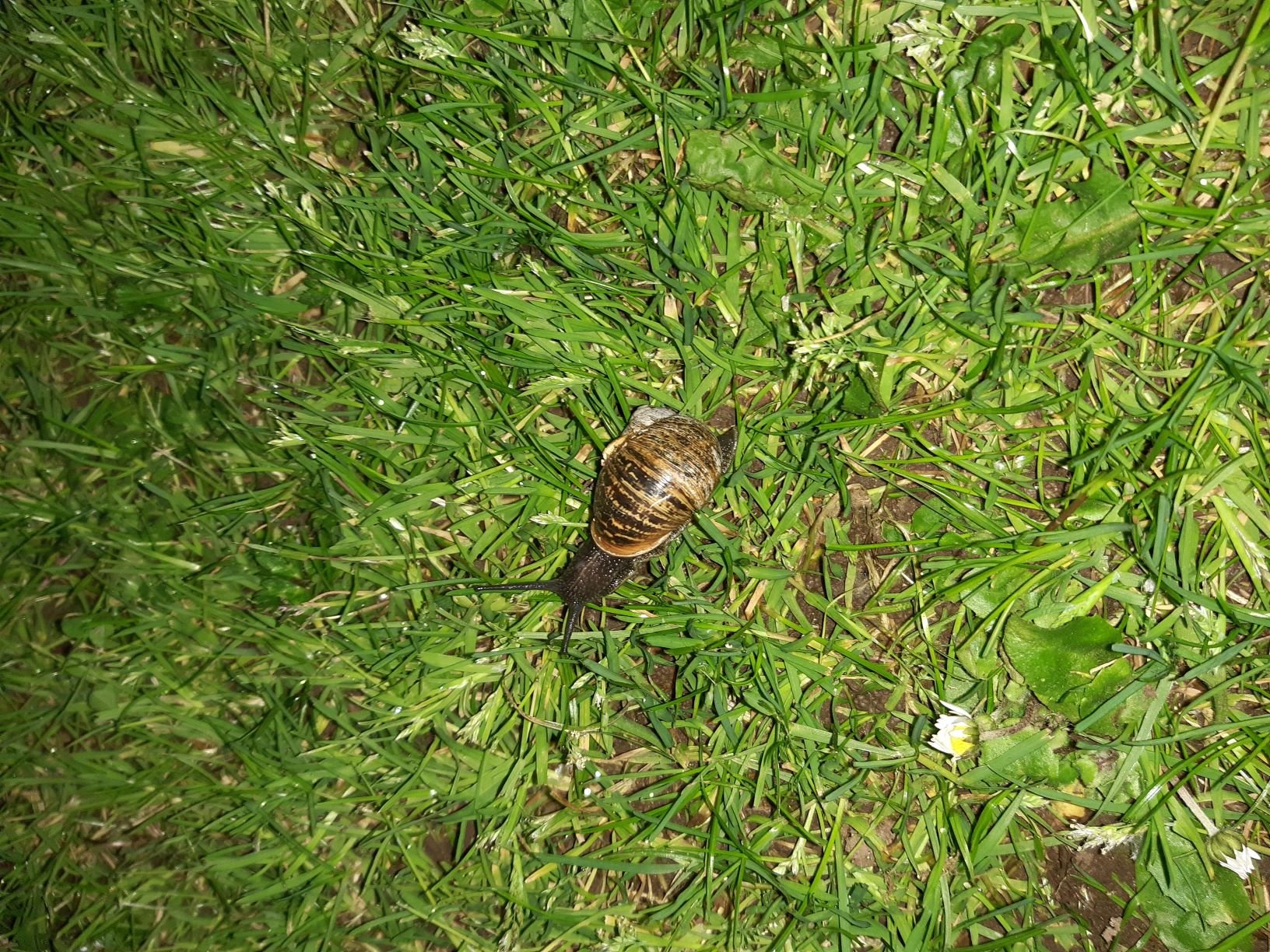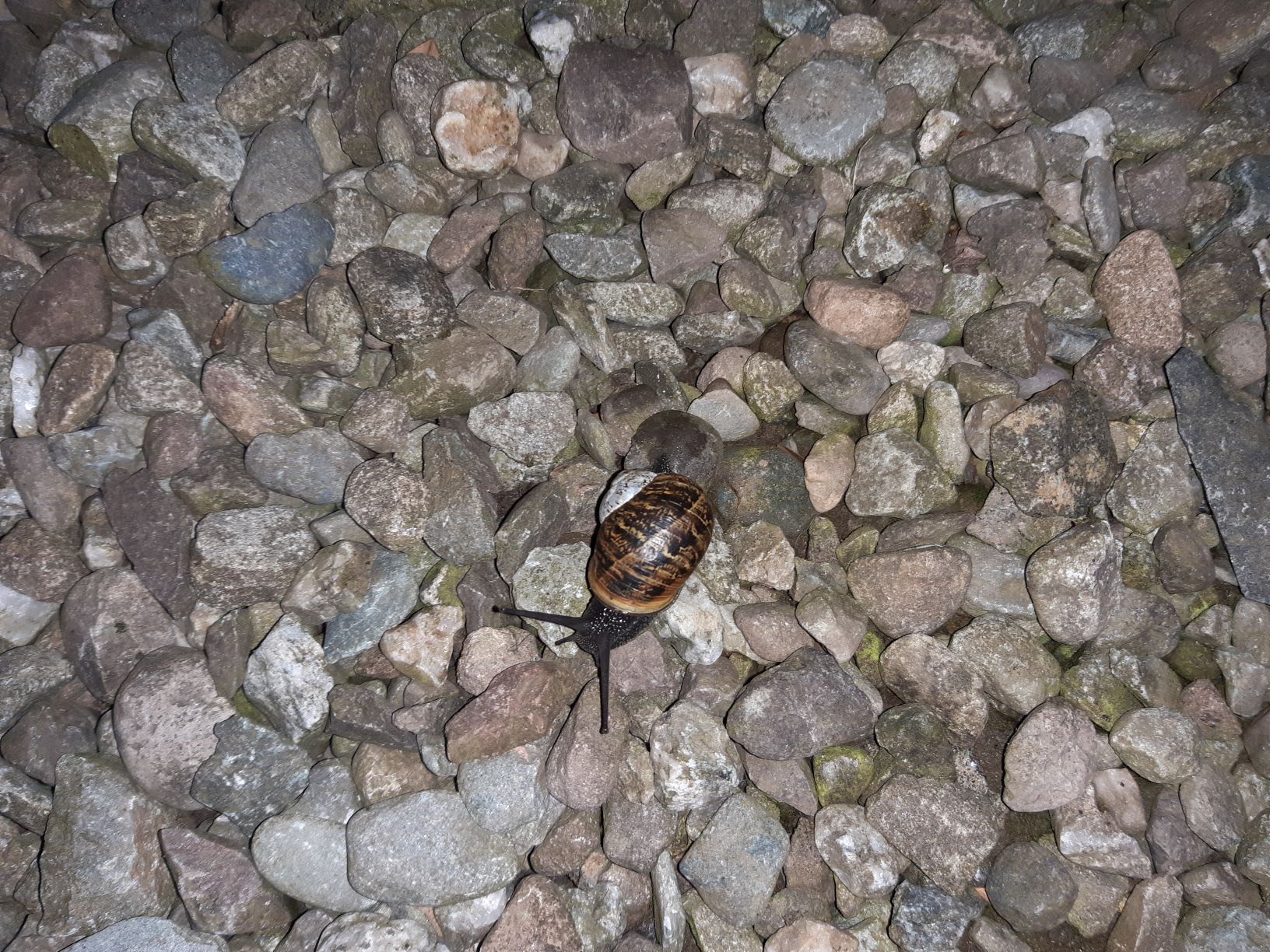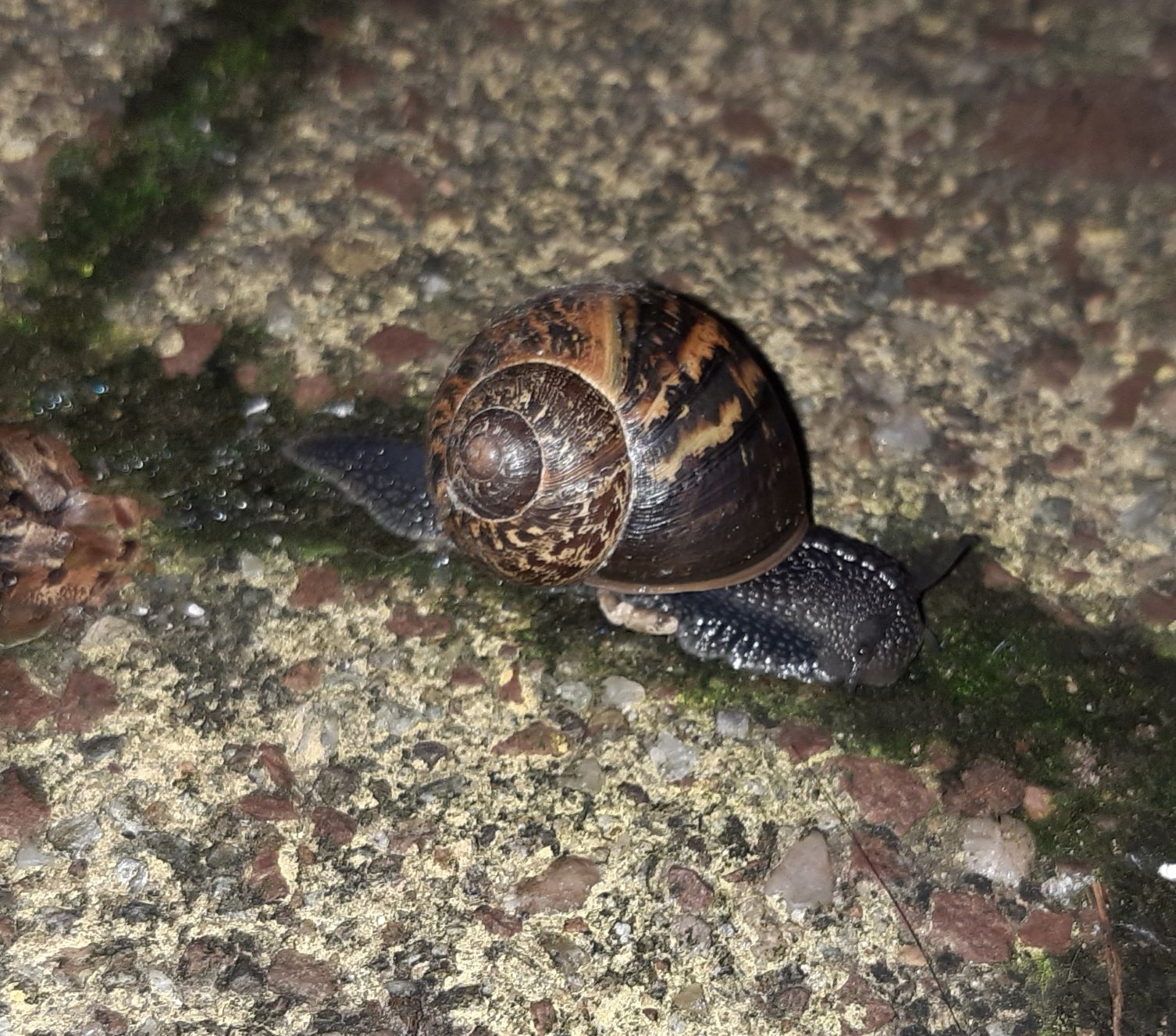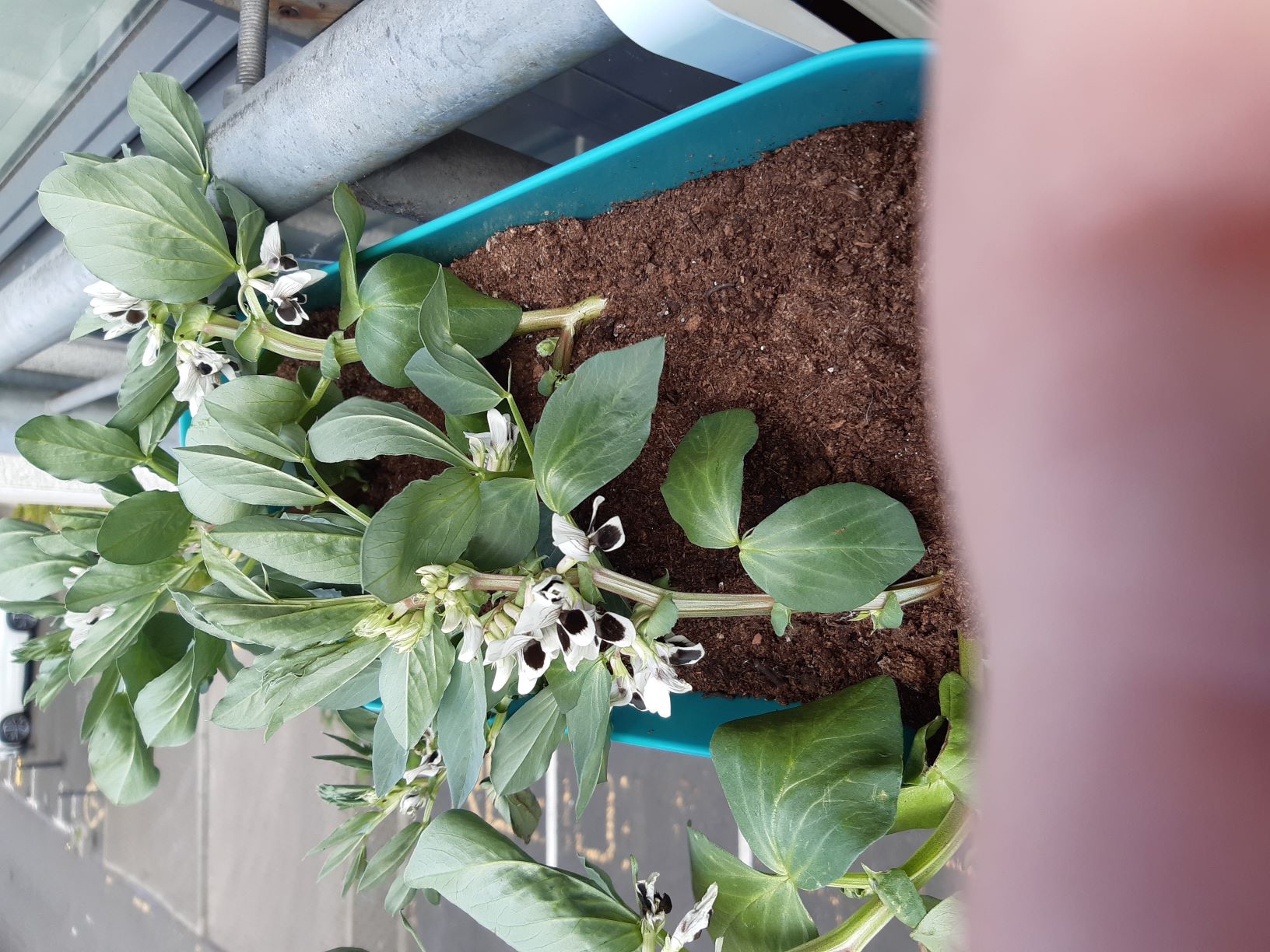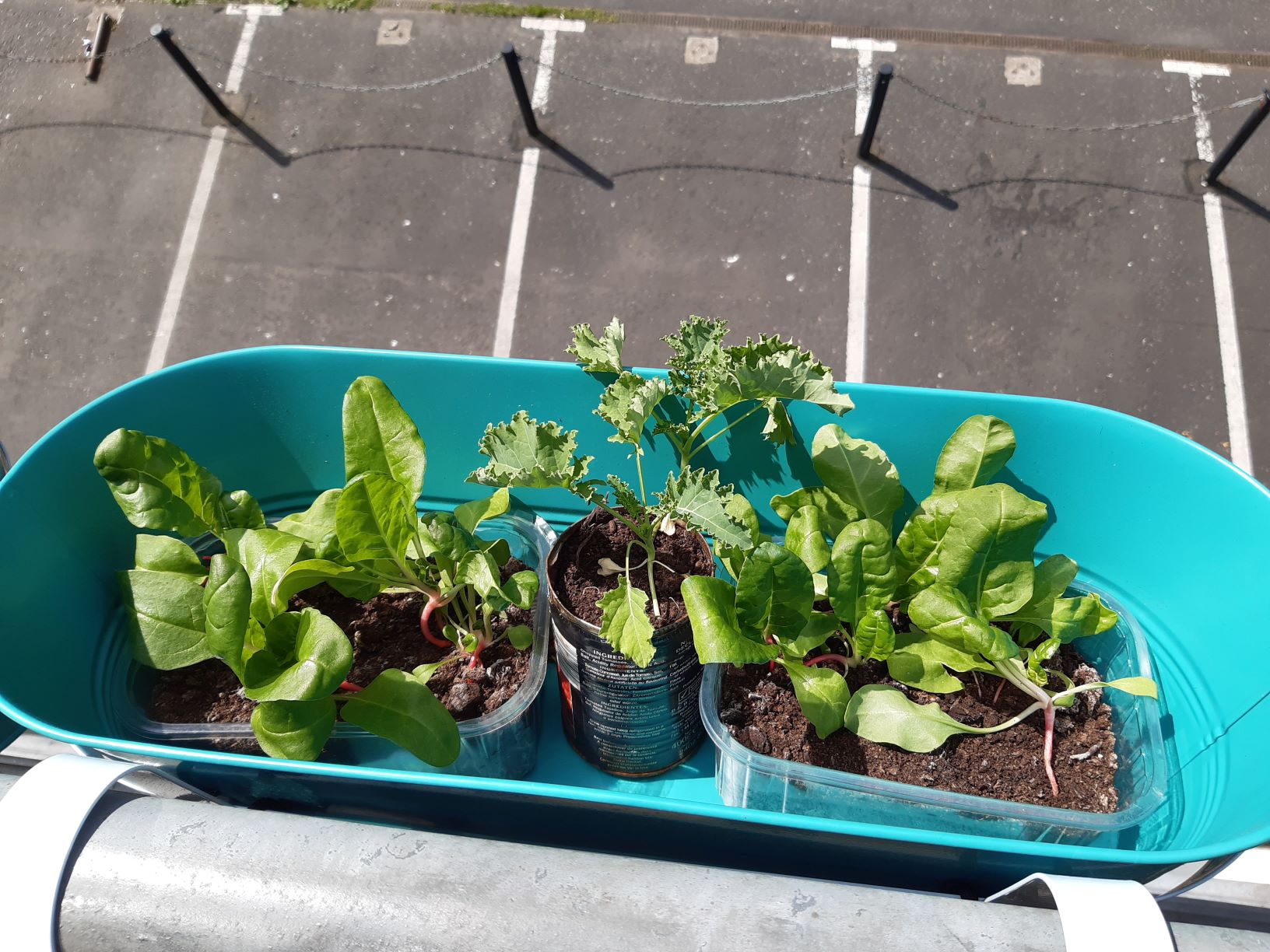Today I’m mourning someone I never met, and never talked to. I’ve felt sad about the death of a number of famous people whose work was a part of my life, but this is the first time I’ve felt a sense of personal loss akin to losing a friend or a family member. I’m reasonably certain he had no idea that I existed, but I feel a need to write about the impact that his work and his attitude had on me.
He didn’t start my interest in international politics, but he broadened it, and he deepened it.
He didn’t start my interest in a better world than capitalism could offer, but he focused it, and gave it weight and guidance.
He didn’t give me empathy for people with experiences different from my own, but he gave me some of the tools to understand those differences, and feel a stronger commitment to the happiness of people I will never know.
He expanded my understanding of the world, and expanded my mind in a way that I never expected.
He didn’t give me the ability to speak my thoughts on controversial topics, but he helped give me the perspective and courage to do it in a way that might reach past the mental walls that people put up around those topics.
He wasn’t the first political journalist and commentator who was able to bring a combination of deep knowledge, empathy, and courage in the face of difficult or horrific subjects, while also acting as a comedian and entertainer. He was a great example of someone who worked hard, and lived well.
He did a lot of good work, himself, through writing, through The Majority Report, The Michael Brooks Show, and many other media. Beyond that, though, he had a remarkable ability to find people, perspectives, and information that was vital to what’s happening in the world, and to bring them to other people.
He taught me a lot, but more importantly he introduced me to a great many people from all over the planet who taught me even more. His life’s work was to elevate humanity, and he went about that in a very direct way. He lifted up other people so their voices would carry farther. He knew a staggering amount about the politics of the world, and worked hard to guide others to that same level of understanding.
I was never sure how I felt about him, as a person. It was always very clear that his guiding light was a commitment to the wellbeing of humanity, and to living a good life, while fighting a good fight. His personality grated on me sometimes. His humor, in particular, sometimes seemed a bit mean-spirited, and I often felt that I might not get along well with him, or him with me. Maybe he reminded me of someone I didn’t get along with in the past, I don’t know. Hearing his friends memorialize him, I can well believe that the empathy and care for humanity that came through in his work also came through in his personal life as well.
But he provided an insight into the world that I’ve never seen anywhere else, and that I will always miss, and I doubt I’ll ever be able to replace.
And damn, he died too soon.
He was 36.
I learned of his death because Lula da Silva, one of the most important political leaders on the planet today, tweeted about it.
It’s been said many times now, but he had so much to give. He hit the turbulent waters of the 21st century hard enough to ripple across the world, and I think I’ll always feel the loss of the work he would have done with another 36 years.
If I do as much to lift up other people by the end of my life as he did by the end of his, I’ll feel good about myself, even if I live twice as long as him.
I’m not on the same path as he was, but his life and his work are one of the stars by which I hope to navigate as I find my own way forward.
I’ll continue using his material on my blog, but please look into him on your own, and if you want to learn about him from those who worked with him, check out the Majority Report memorial show. It’s a long video, and paints a moving picture of a loving friend whose passion for humanity shone out like a beacon.

